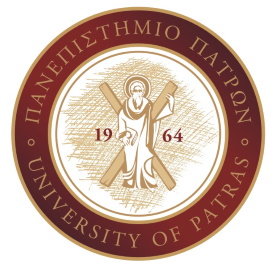We identify a plethora of innovative features within the context of SPILEF. Indicatively, we can list:
- The contextual development of the efficiency of business knowledge generation and innovation activities
- The placement of innovation efficiency in a benchmarking context along with the traditional input to output ratios which do not account for the total factor efficiency
- The relaxation of technological isolation assumption taking into consideration knowledge, technology and performance flows between industries, sectors, countries and time periods
- The adaptation of a frontier – metafrontier approach of innovation efficiency which allows for the interplay of spillover effects at different levels of knowledge and technological capabilities accumulation
- The development of a conceptual and empirical framework which facilitates the stage-to-stage modelling of the knowledge generation and innovation activities.
- The estimation of knowledge frontiers and the corresponding distance function using non-continuous or discrete input and output variables
- The incorporation of feedback loops in the value chain of innovation activities which has been widely criticized in its linear form
- The exploitation of the Greek CIS dataset which has not be investigated thoroughly until now
- The incorporation of knowledge generation and innovation activities in the strategy mix of enterprises
- The development of a toolbox of quantitative and qualitative techniques useful to map and analyze the knowledge flows and capabilities deposits focusing on high-tech startups
- The provision of advice and support to user groups of the Greek section of the CIS and its impact assessment using third-party data. Our proposal focuses on maximising the value of unexploited existing data.
- The engagement with a broad range of relevant stakeholders within academic and business communities to maximise the reach and impact of the body of evidence and the recommendations that will result from this project
